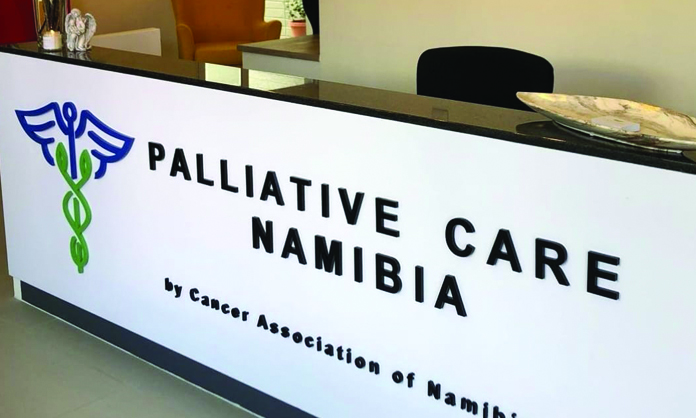NEDBANK has joined other local institutions extending credit to fund sustainable and green projects in the country to enhance climate-friendly business.
According to the statement released by the bank through its spokesperson, Selma Kaulinge, on Monday, Nedbank became the second local bank after Bank Windhoek, which listed a green bond early last year, to provide a credit platform that caters for green investment.
Nedbank Namibia head of business banking Britt du Plessis said the bank is offering an innovative programme, specifically designed to fund local businesses to seize opportunities in greening the country’s economy.
Du Plessis explained that the green credit would provide versatile funding on the investment cost and tailor-made support to project developers in the entire life cycle of the project, from project identification and conception to selection of technologies and the calculation of financial and environmental benefits.
He added that clients can now finance renewable energy, energy efficiency, sustainable agriculture or sustainable tourism projects in Namibia through the bank.
“Any business that will directly benefit from the implementation of green technology, seeking to diversify their portfolios or build capacity for green financing can benefit from the offering,” he added.
The green credit will be extended in partnership with Sunref Namibia as a way of promoting sustainability in various sectors.
Du Plesis explained that in partnership, there is a local commitment, backed by financing and capacity building to tackle challenges.
The Sunref Namibia technical assistance facility provides local players from various industries such as fish processing, fishing, mineral processing, tourism and agriculture with options for financing.
According to Nedbank, key results and solutions of working with Sunref Namibia include considerable reductions in operational costs through the implementation of innovative energy savings.
Sunref Namibia is funded by the Agency Francaise de Development (AFD) and delivers this technical assistance free of charge.
Providing updates on the performance of their green bond, Bank Windhoek’s Ruan Bestbier, manager for sustainable investments said the bank is happy with the interest shown by the market for their green funding.
“We were pleased with the uptake of the green bond funding facility and we are looking forward to enhancing our commitment to offer investors a truly green Namibian investment vehicle,” he said.
The 2018 Namibian Stock Exchange bond has raised N$66 million so far, and Bestbier indicated that proceeds were used to finance eligible “green” projects.
He also indicated that they had disbursed all funds raised from the issuance of the green bond in the Namibian market within 12 months after issuance.
Bestbier said full details will be released after the green bond portfolio external auditing phase is completed and the full disclosure in compliance with the NSX is expected to be announced in due course.
He added that they share the responsibility to protect the country for future generations by actively contributing to and facilitating the transition to a low-carbon and climate resilient economy.
Energy efficiency expert Andrew Hoy, who spoke during Nedbank’s unveiling of the credit scheme, said climate change calls for urgent and increased action at all levels in society.
Explaining that reducing carbon footprint has become a concern not only for national governments and environmental lobbyists, but stakeholders and businesses at every level of the value chain.
“The impacts of climate change transcend national and international borders and are felt the world over,” said Hoy.
He added that although Namibia is not a significant source of greenhouse gas emissions, climate change does threaten sustainable development.
According to the World Research Institute, Africa accounts for only 2-3% of the world’s carbon dioxide emissions from energy and industrial sources.
It further predicted that carbon emissions in 2020 will be eight to 12 gigatonnes above the level required.
“Therefore, transitioning to renewable energy is one of the most powerful ways for a country to reduce the global and its ecological footprint. Greening business operations has thus become a business imperative,” said Hoy.
Environmental integration presents significant economic development potential as green growth provides many opportunities to companies through new markets, especially in the fields of energy management, sustainable natural resource management and environmental protection.
Stay informed with The Namibian – your source for credible journalism. Get in-depth reporting and opinions for
only N$85 a month. Invest in journalism, invest in democracy –
Subscribe Now!






